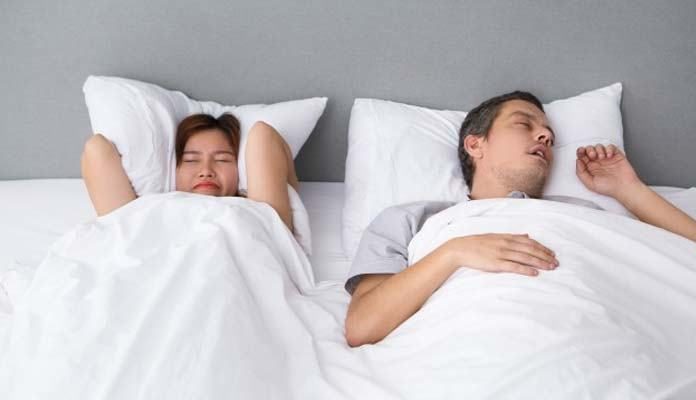A good night’s sleep is imperative for good overall health. Sleep disorders like sleep apnea and insomnia which interfere with your ability to sleep often become frustrating to deal with and eventually affect your physical and emotional health. Hence, to treat them successfully, it is crucial that you understand their differences and are able to tell them apart.
What is Insomnia?
Insomnia is described as ‘repeated difficulty with sleep initiation, duration, consolidation or quality that occurs despite adequate opportunity and circumstances, and results in some form of daytime impairment’, by the Academy of Sleep Science. According to the American Sleep Association insomnia can be categorized as primary and secondary insomnia.
● Primary Insomnia – This form is defined as having sleep problems which are not directly associated with any other type of health issue.
● Secondary Insomnia – It is defined as having sleep problems arising from some or the other health condition such as depression, cancer, heartburn, asthma or due to certain ongoing medications, excessive alcohol consumption etc.
Both these types usually have similar symptoms which include difficulty falling asleep, waking up repeatedly during night, having trouble going back to sleep upon waking, feeling tired or sleepy during the day, irritation, concentration problems and even depression.
Insomnia can also be categorized into acute and chronic types based on the period during which the patient has experienced the symptoms. Acute insomnia is experienced over a short duration of time and can come and go with periods in between where the patient has no sleep problems at all. Chronic type of insomnia can last over long periods and may have more harmful consequences on the patient’s health. It is defined by the National Sleep Foundation as difficulty in sleeping at least three nights in a week for three months or more.
What are the Treatment Options for Insomnia?
There are multiple treatment options for insomnia. These range from prescribed medications to lifestyle changes to behavioral or psychological therapies. General changes in lifestyle may include avoiding daytime naps or shortening their duration, avoiding distractions such as mobile phones or laptops before going to sleep, avoiding caffeine and nicotine and eating a light diet for dinner.
What is Sleep Apnea?
Sleep Apnea is a Sleep-related Breathing Disorder (SRBD) which is characterized by repetitive and brief interruptions in airflow during sleep which causes the brain to wake. There are 2 types of Sleep Apnea: Central Sleep Apnea (CSA) and Obstructive Sleep Apnea (OSA).
CSA is rare and is defined as pauses in breathing efforts by the Sleep Health Foundation. Due to various reasons such as medications, weak respiratory muscles, neurological conditions, stroke or heart failure, the breathing receptor cells in the brain become less responsive to the changes in CO2.
OSA is more common and is caused due to the narrowing of the airways or a physical blockage. When you are asleep, the muscles around the airways and throat relax, sometimes falling backward in the mouth. This ‘floppy’ airway can easily become fully or partially blocked during inhalation. OSA can affect people at any age; however middle aged men are the most commonly affected. The symptoms for OSA may include morning headaches, dry mouth when waking up, snoring and frequent trips to bathroom at night.
What are the Treatment Options For Sleep Apnea?
Unlike insomnia, sleep apnea has one definitive treatment – the CPAP therapy. It’s a machine that sends constant pressurized air into the airway so as to ensure that it stays open when you are asleep. Also, small modifications in lifestyle such as a healthy diet, regular exercise, proper weight management and quitting alcohol or smoking can greatly improve sleep apnea.
How to Diagnose?
A sleep study also known as a Polysomnography or PSG is the most reliable diagnosis for any sleep disorder. This study is a medical test which can be done either at home or in a specialized sleep clinic. The results of this overnight sleep study along with a detailed medical history can be used to determine the type of sleep disorder and its severity. A specialized dentist can perform an oral exam to determine if OSA is caused due to an oral or dental cause.
Many sleep disorders go misdiagnosed or unreported. However, it is important to understand that sleep disorder can have serious health implications. Hence, if you or any of your loved ones are unable to sleep soundly or notice any of the above symptoms, its time you undergo a sleep study.





